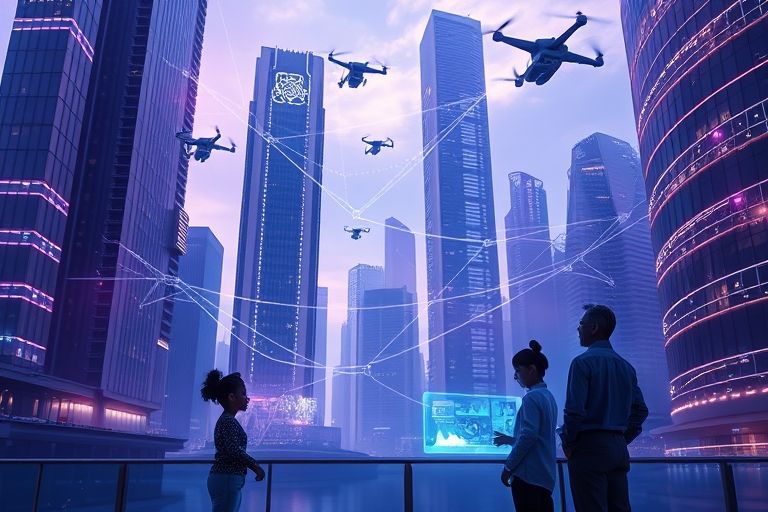
Artificial Intelligence (AI) is a buzzword that has been making rounds for a while now. It is a technology that enables machines to perform tasks that would typically require human intelligence, such as learning, reasoning, and problem-solving. AI is transforming the world we live in, from self-driving cars to chatbots, and from personalized recommendations to facial recognition.
AI is an umbrella term that includes several technologies, such as Machine Learning (ML), Natural Language Processing (NLP), Robotics, and Deep Learning (DL). These technologies are designed to enable machines to learn from data, identify patterns, and make decisions based on the insights derived from the data.
AI systems work by processing large amounts of data and identifying patterns in the data. These patterns are then used to make predictions or decisions. For example, an AI system can analyze customer data to identify patterns in their behavior and use these patterns to make personalized product recommendations.
Some common examples of AI include:
If you are interested in learning about AI, there are several resources available online. Some popular platforms for learning AI include:
Here are some interesting facts and statistics about Artificial Intelligence:
Artificial Intelligence is a fascinating technology that has the potential to transform the world we live in. As a beginner, it might seem daunting, but there are several resources available online to help you get started. With the right skills and knowledge, you can leverage AI to solve complex problems and make the world a better place.